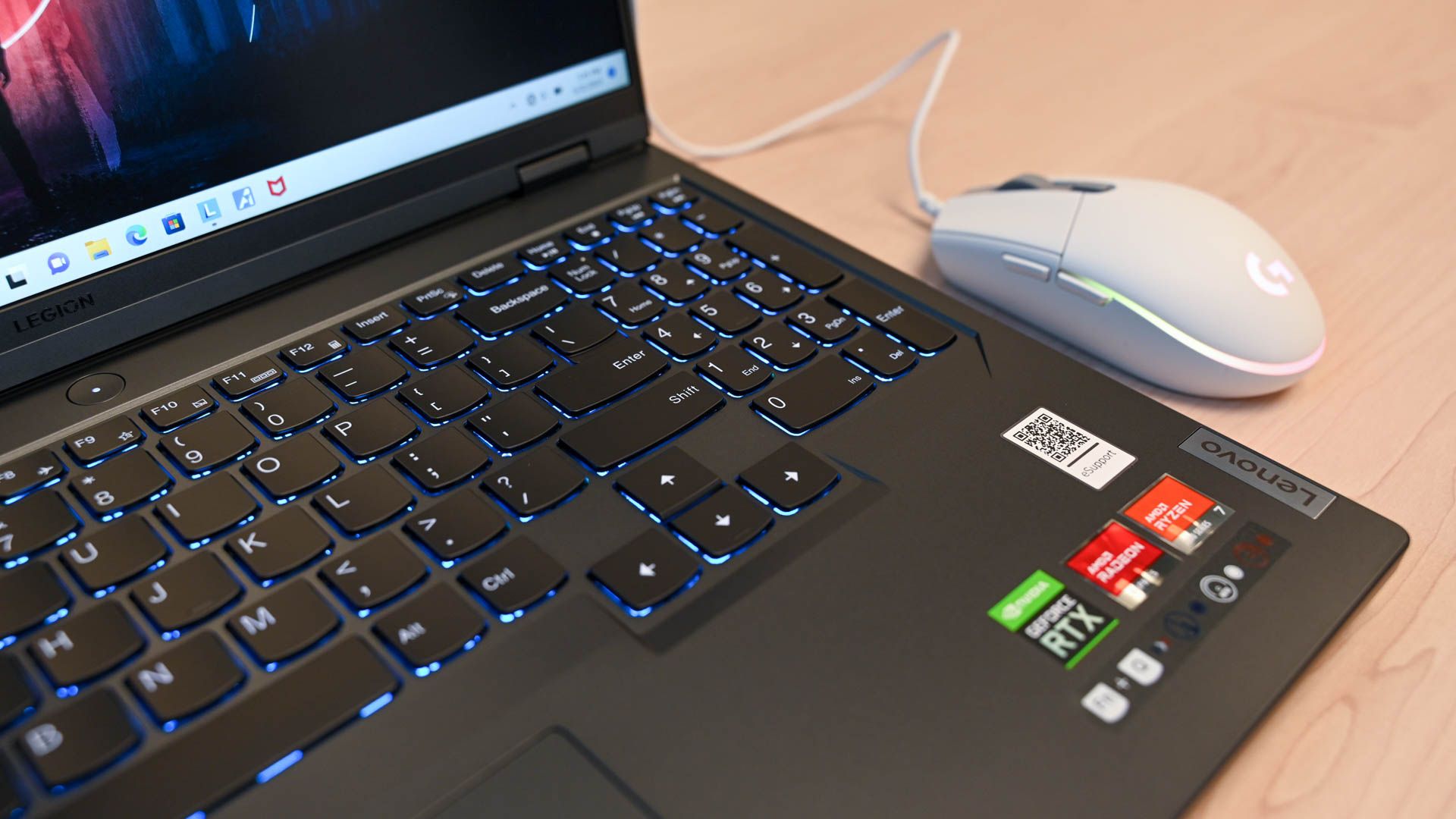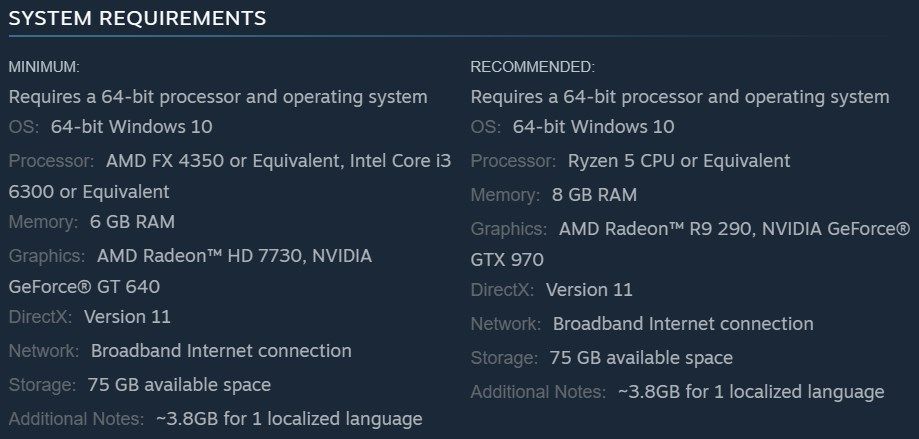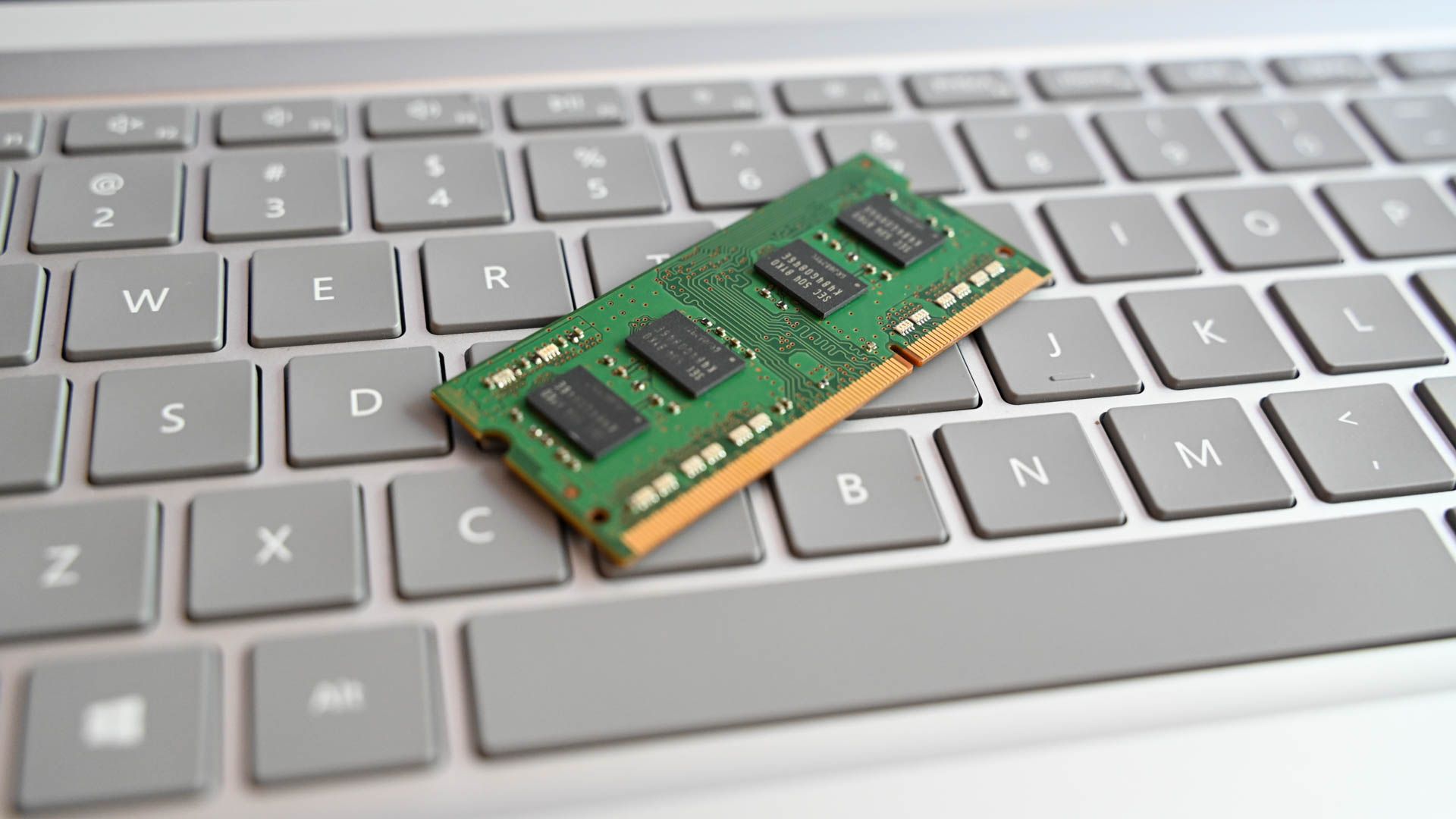Key Takeaways
- Gaming laptops often have similar specs to standard laptops but with better RAM speed, GPU, and cooling systems.
- When choosing a gaming laptop, consider system requirements for the games you want to play, storage capacity, display technology and refresh rate, and cooling systems.
- The decision between a gaming laptop and a standard laptop depends on your budget, how often you play games, and what you expect from your play sessions.
Hardware manufacturers have turned to using the word “gaming” as a broad adjective to describe any product with RGB lighting and sleek aesthetics, whether they offer performance advantages or not. This can lead laptop gamers to wonder whether gaming laptops are just another marketing ploy, and if they’re worth the premium price tag.
What Makes a Gaming Laptop?
The most concise way to describe a gaming laptop is a portable PC capable of handling demanding video games. The three major components that allow for such high performance are the central processing unit (CPU), graphics processing unit (GPU), and random access memory (RAM).
However, PC manufacturers have started producing standard laptops like the Dell Inspiron 16 Plus with specs that appear to stack up to those of gaming laptops. They are several hundred dollars cheaper on average.
How to Choose a Laptop for Gaming
When searching for a laptop to game on, the first thing you’ll want to do is check the spec requirements of the most demanding games you play or want to try out. The easiest way to do this is on whatever gaming platform you plan to purchase from.
Under System Requirements, you’ll find both the minimum specs and the recommended specs to give you the best experience. After the OS requirement, the CPU, RAM, and GPU will typically be listed.
The CPU is the brain of your PC, allowing it to execute “thinking” tasks. Each CPU is made up of individual processors known as “cores”. The more cores a CPU has, the more programs it can run at once. While it isn’t necessary to have the latest CPU, you’ll want one powerful enough to meet your computing needs.
For instance, Lenovo’s Legion Pro 5i Gen 8 base model features a 13th-generation Intel Core i5 processor which has 14 cores. While their ThinkPad X1 Carbon Gen 11 base model is also equipped with a 13th-generation Intel® Core™ i5 processor, you’d have to upgrade to the most expensive laptop model to get a processor with the same number of cores.
On paper, both laptops could easily run a demanding game like Elden Ring that only requires 4 to 6 cores, but the gaming laptop will make it easier to chat on Discord, stream music, and watch Twitch at the same time.
Next, we’ll look at RAM requirements. To continue the brain analogy, RAM is your PC’s short-term memory, helping it quickly access information currently in use. Typically, most modern games will require 8GB of RAM with 16GB recommended for smooth results. Most standard laptops are equipped with the necessary 8GB and some have upgrade options available.
The drawback here is that the RAM in a standard laptop often won’t reach the same speeds as gaming laptops. Despite the Dell Inspiron 16 Plus 32 GB of DDR5 RAM, the stock speed is only 4,800 MT/s or 2,400 MHz. Comparatively, the Gigabyte Aorus 15, which is a budget gaming laptop, features 16GB of DDR5 RAM running at 4,800MHz, or twice the speed.
The last of our big three is the GPU. At its most basic, the GPU is responsible for what’s displayed on your monitor. Gamers rely on their graphics card for much more than simple images, though. As you’re playing, the GPU is processing all of the instructions to set scenes, determine your character’s perspective at each moment, and refine every image with rich color and proper shadowing, shading, and texture.
Though some standard laptops can be upgraded by the manufacturer to include a GeForce, Radeon, or Intel ARC GPU, the majority don’t provide this option. This not only limits your graphics quality, but you may also miss out on important features like ray tracing. Because laptop GPUs can’t be upgraded like their desktop counterparts, your only other option would be to purchase an external GPU. Of course, this would still be limited by your CPU and could lead to a bottleneck effect.
Other Components Laptop Gamers Should Consider
Another crucial aspect when selecting a laptop for gaming is the amount of storage provided. PCs already come with files, programs, and apps preinstalled that take up a chunk of the advertised storage space. Add to that any downloads you may need for work or school, and there might not be much room for a game like The Last Of Us Part 1, which requires 100GB of space.
Even when strictly used for gaming, it can be easy to burn through the base 512GB offered by most standard laptops.
Gamers searching for their next laptop will also want to consider the display type and features. Most notably, the refresh rate, which is the number of times your monitor updates per second. The higher your refresh rate, the smoother your gameplay will look.
Though many standard laptops are capable of reaching 120Hz, gaming laptops typically start out at 144Hz. Gaming laptops may also offer a higher nit count, which helps improve the picture clarity while playing in a bright area. Some have HDR support, or feature OLED panels that produce better blacks for a more vibrant image.
Of course, even if all of these components exceed recommendations, you won’t be playing very long without a good cooling system. In 2023, CyberPowerPC debuted an optional water cooling system with their gaming laptops, and ASUS offers intelligent cooling with “Tri-Fan Technology” for certain gaming laptops. Since the average user doesn’t demand as much from their laptop, standard laptops often primarily rely on the airflow provided by the case design.
Are Gaming Laptops Worth the Sticker Shock?
So we finally arrive at the big question: should you buy the $1800 gaming laptop or the upgraded $1200 standard laptop with nearly the same specs? The answer largely depends on what type of gamer you are.
If you prefer less demanding games, don’t plan to do much multitasking, or aren’t necessarily going to use your laptop for gaming all that much, the specs and performance offered by a standard laptop will likely meet your needs. However, if you’re a hardcore gamer looking to be immersed in the worlds of AAA titles, you’ll want a machine designed with your needs in mind.








